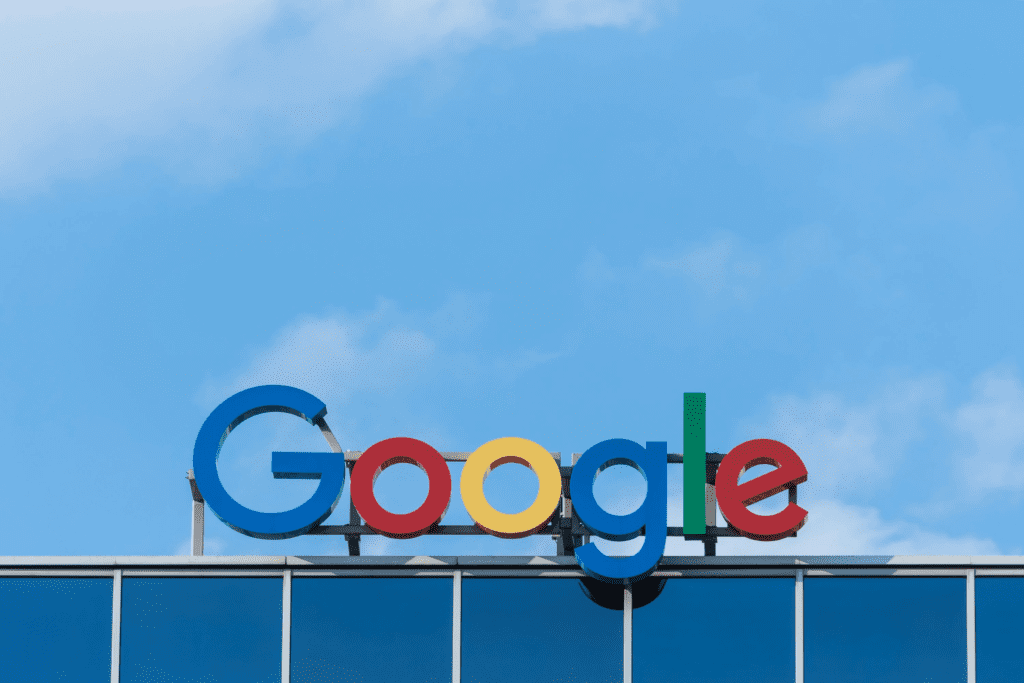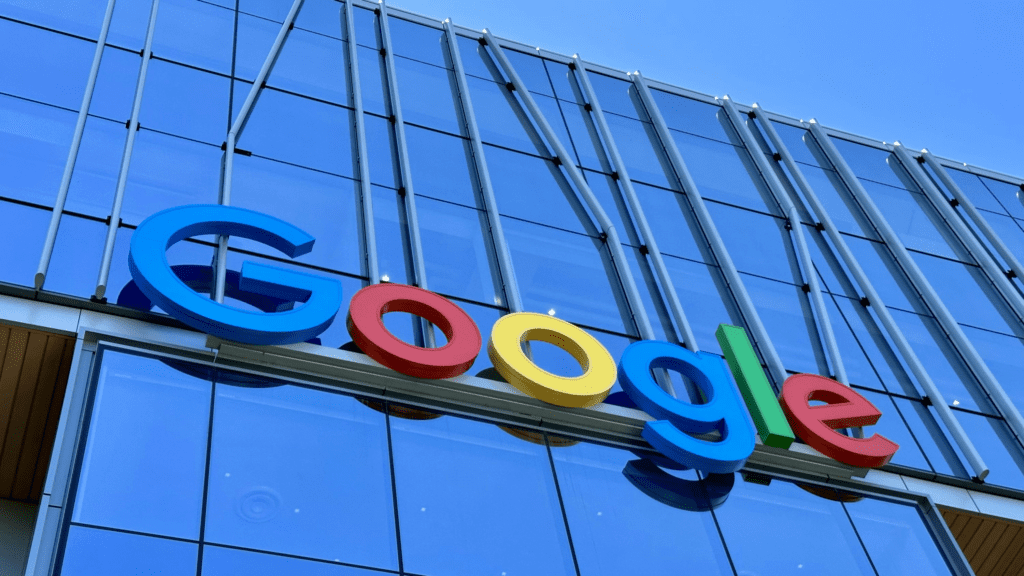The US is poised to break up Google after a court’s ruling that the giant company has created an illegal monopoly. The breakup would involve drastic changes, such as selling its Android operating system or Chrome browser. The article considers the many different ways this could go and respective reactions to this momentous decision.

The DoJ may consider some extreme measures against Google, Alphabet Inc.’s technology giant, in the wake of the latest ruling from a court. A judge has ruled that Google has done an illegal monopolization of online search markets. That certainly puts the company in a questionable situation regarding its power over the internet. Suggestions are appearing in journals to decrease the power of the firm, and the most extreme measures being considered include breaking up this corporation.
Reports from major outlets, such as The New York Times and Bloomberg News, indicate that the DOJ is considering forcing Google to sell its Android OS and Chrome web browser. These are among many other products developed over time by Google; in fact, they play a huge role in the tech world. This could mean a potential breakup that includes selling off key components, which would have huge implications for the tech environment.
One of the central issues in the case is the dominance of Google itself in Internet search. The company has been charged with anticompetitive practices to hold on to its leadership position by entering into agreements with other companies to make Google the default search engine on their devices. In 2021 alone, Google paid out over $26 billion to Apple and others for the sake of having Google Search as the preset option on popular services like Safari.
These exclusive deals have allowed Google to crush competition and build what the court now considers an illegal monopoly. The ruling marks a significant victory for federal authorities who have been trying to tackle the dominance of big tech companies. It’s not just Google in the crosshairs—other giants like Meta, formerly Facebook, Amazon, and Apple, too, have been under similar antitrust lawsuits in the recent past.
The Department of Justice is reviewing the judge’s ruling and deciding how to proceed. Although no decisions have been finalized, it’s likely that Google may be ordered to divest parts of its business. That could mean being forced to sell off its search ad program AdWords, its Android operating system, and Chrome browser. This aims to cut down most of Google’s overwhelming power and ensure there is fair competition in the technology market.
Breaking up Google alone won’t be sufficient for some. Other experts have pointed out that doing so could not really get to the heart of issues the court cited, such as Google’s exclusive contracts that make the company the default search engine on many devices. “This idea of breaking up Google, in my view, is wishful thinking,” said Neil Chilson, a former chief technologist for the Federal Trade Commission. He cites that Tuesday’s ruling from the court didn’t give weight to calls for such a serious remedy.
Chilson isn’t the only skeptic. Alden Abbott, a former general counsel for the FTC, cautioned that breaking up Google would be “disastrous” for the economy. He pointed to another case, that of Microsoft in 2001, where the court rejected the breakup of the company at the end of a very long trial, when it was convicted of similar crimes involving monopolistic practices. Abbott assumes that breaking up Google is unlikely, that it would be one of the most economically destructive remedies in the history of U.S. antitrust law.

On the back of the ruling, Google has declared its intention to appeal. According to Google, it has not broken any law, and its practices remain within the graces of sustaining a competitive market. Google is, hence, going to appeal—a move that will largely determine the future of the tech giant and its place in the digital world.
The Justice Department is considering other avenues to rein in the power of Google. These include forcing the company to share its data with competitors and instituting rules that prevent it from obtaining an unfair advantage by virtue of its size in emerging technologies like AI. Those types of steps could make the playing field a little more level, giving smaller companies a better chance to compete.
The situation is developing, and it is yet to be seen what action the Justice Department will finally take. One thing has become crystal clear: the fight against this monopoly is just beginning—and the stakes are high for both the future of the tech industry and for all consumers worldwide.

As the case continues to take shape, hundreds of thousands will be looking to see if the US government will go as far as it has threatened—to actually break up one of Earth’s most powerful companies. The ruling could remake the future of the internet and how humans interact with technology.








